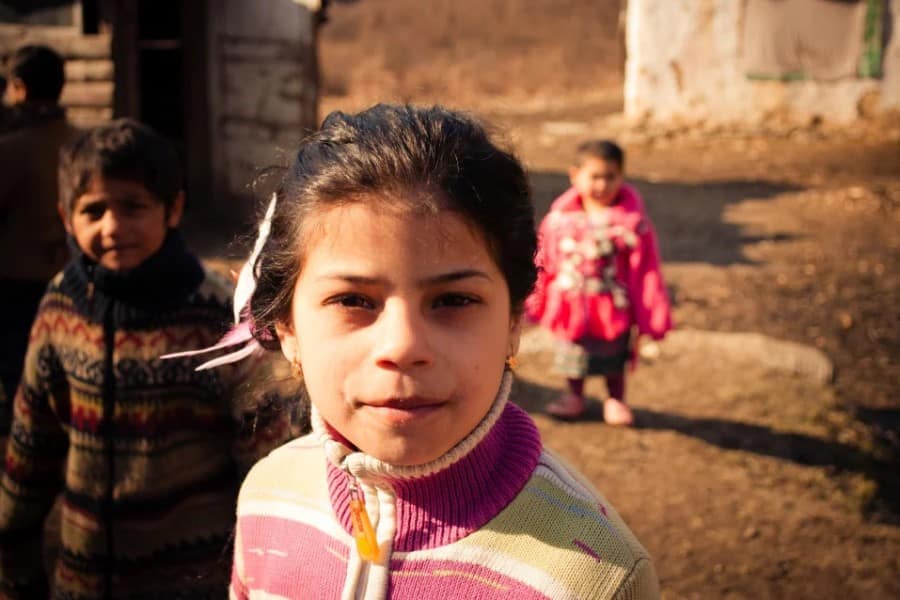10 Causes of Poverty: An In-Depth Analysis

Poverty remains one of the most pressing challenges facing the world today, affecting billions of people globally. Understanding the causes of poverty is crucial in developing effective strategies to combat it. Here are the top 10 causes of poverty, examined in detail.
1. Lack of Education
Education is a powerful tool for lifting people out of poverty. However, millions of children and adults around the world lack access to quality education due to various barriers, including high costs, remote locations, and inadequate infrastructure. Without education, individuals have limited opportunities to secure well-paying jobs, leading to a cycle of poverty that persists through generations.
Impact: Lack of education results in low literacy rates, limited job opportunities, and a workforce that is ill-equipped to meet the demands of the modern economy.
2. Unemployment and Underemployment
High unemployment rates and underemployment are significant contributors to poverty. In many regions, there are not enough jobs to support the working-age population. Additionally, underemployment, where individuals work in low-paying or part-time jobs that do not fully utilize their skills, also contributes to poverty.
Impact: Without stable and sufficient income, individuals and families struggle to meet basic needs such as food, shelter, and healthcare.
3. Economic Inequality
Economic inequality refers to the unequal distribution of wealth and resources within a society. This inequality often results from systemic issues such as discrimination, corruption, and unequal access to opportunities. Wealth is concentrated in the hands of a few, leaving a significant portion of the population with insufficient resources to improve their living conditions.
Impact: Economic inequality exacerbates poverty by limiting access to essential services and opportunities for social mobility.
4. Political Instability and Conflict
Political instability and armed conflict disrupt economic activities, destroy infrastructure, and displace populations. In war-torn regions, the breakdown of social and economic systems makes it nearly impossible for individuals to secure livelihoods.
Impact: Conflict and instability lead to loss of homes, jobs, and access to basic services, plunging affected populations deeper into poverty.
5. Environmental Degradation
Environmental issues such as deforestation, pollution, and climate change disproportionately affect impoverished communities. These communities often rely on natural resources for their livelihoods, and environmental degradation can destroy these resources, leading to loss of income and food security.
Impact: Environmental degradation undermines agricultural productivity and livelihoods, driving people further into poverty.
6. Lack of Infrastructure
Adequate infrastructure, including roads, electricity, water, and sanitation, is essential for economic development. In many impoverished regions, the lack of infrastructure hinders access to markets, education, healthcare, and other vital services.
Impact: Poor infrastructure limits economic opportunities and access to essential services, perpetuating the cycle of poverty.
7. Health Issues
Poor health and lack of access to healthcare contribute significantly to poverty. Illness can prevent individuals from working, leading to loss of income. Additionally, medical expenses can deplete savings and push families into debt.
Impact: Health issues reduce productivity and increase financial strain, trapping families in poverty.
8. Social Exclusion and Discrimination
Social exclusion and discrimination based on race, gender, ethnicity, or disability can limit access to education, employment, and social services. Marginalized groups often face systemic barriers that prevent them from improving their economic status.
Impact: Discrimination and social exclusion create disparities in opportunities and outcomes, reinforcing poverty among marginalized communities.
9. Debt
Debt can be both a cause and a consequence of poverty. High levels of debt can consume a significant portion of household income, leaving little for basic needs. In many cases, families take on debt to cope with emergencies, which can lead to a cycle of borrowing and poverty.
Impact: Debt burdens reduce financial stability and limit the ability to invest in opportunities that could alleviate poverty.
10. Poor Governance and Corruption
Poor governance and corruption can impede economic development and the equitable distribution of resources. Corruption diverts resources away from essential services and infrastructure projects, exacerbating poverty.
Impact: Corruption and poor governance undermine trust in institutions and hinder efforts to reduce poverty through equitable and effective policies.
Causes of Poverty Conclusion
Poverty is a multifaceted issue that results from a combination of structural, economic, social, and environmental factors. Addressing poverty requires a comprehensive approach that tackles these underlying causes and promotes sustainable development. By understanding and addressing the top causes of poverty, governments, organizations, and individuals can work together to create a world where everyone has the opportunity to thrive.
Help Fight The Causes Of Poverty
At End Poverty Now, our ability to make a difference and help fight the causes of poverty hinges on the kindness of donors like you. Your support provides crucial resources, opportunities, and hope to those in need. Whether you choose to make a one-time donation or become a recurring donor, every contribution helps us on our mission to end extreme poverty.
End Poverty Now welcomes cash donations, but we also specialize in accepting donations of hard-to-sell assets such as real estate, aircraft, vehicles, and boats. These contributions help fund projects dedicated to alleviating poverty both domestically and internationally. Please see how you can help end poverty and thank you for considering us in your philanthropic efforts.
End Poverty Now is a 501c3 nonprofit charity accepting cash donations and specializing in donations of hard-to-sell assets such as real estate, aircraft, vehicles, and boats to fund projects aimed at fighting poverty at home and abroad.


